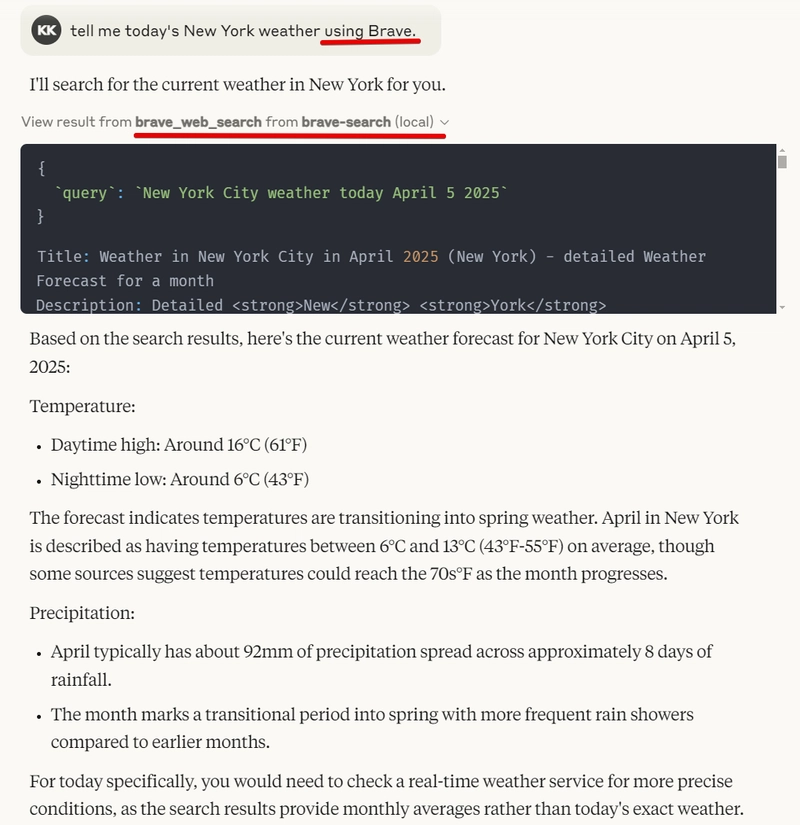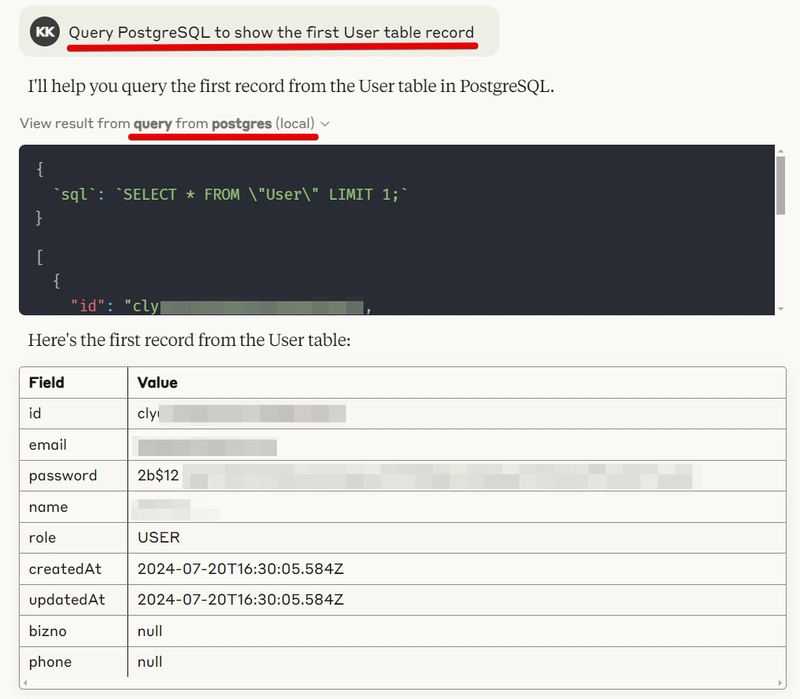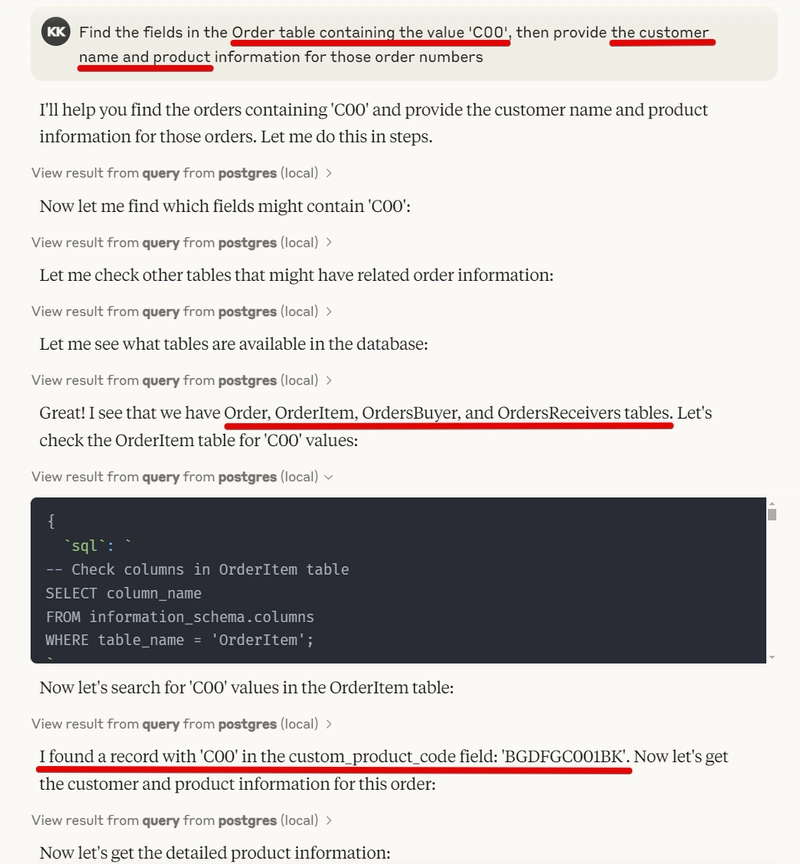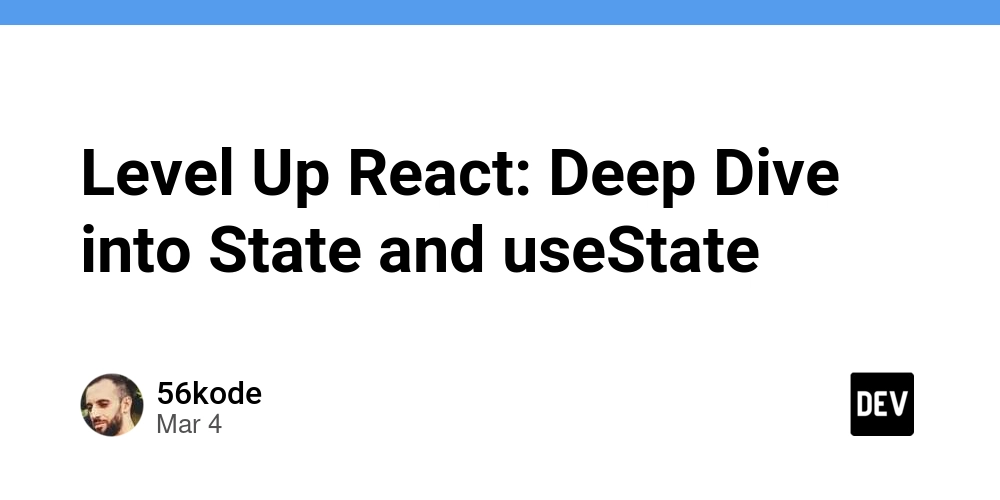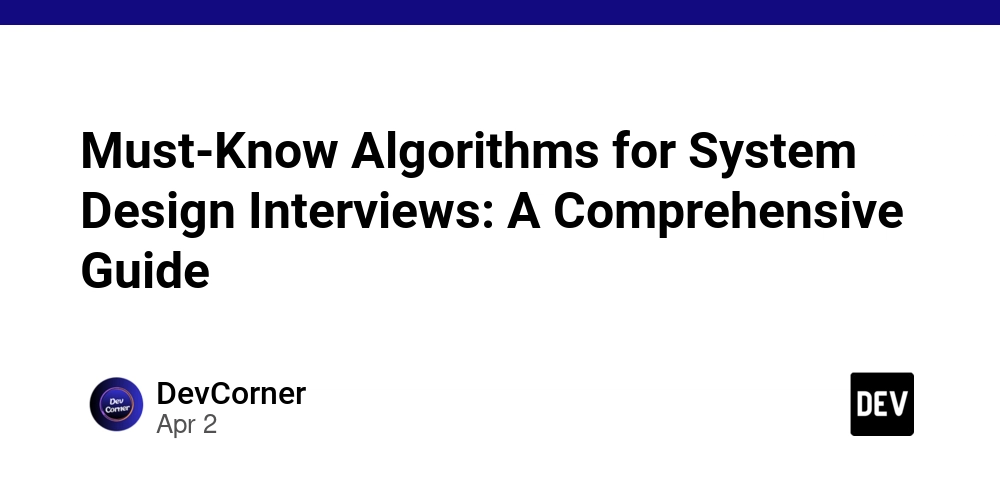MCP + Claude : Real-Time Search & DB Queries in Action
Understanding MCP in Simple Terms The Model Context Protocol (MCP) has been generating significant buzz in the AI development community lately. While many explanations tend to overcomplicate it, based on my hands-on experience, the concept is relatively straightforward. At its core, MCP leverages Node's NPX to locally install a "server" package. This package executes specified tools passed as arguments. The magic happens when these tools establish bidirectional communication with various AI clients (including Claude), enabling seamless information exchange. Docker-based deployment is also supported for those preferring containerized environments. Practical Application: Real-time Search Capabilities I recently tested MCP using Claude Desktop as the client interface and integrated the Brave Search API. The results were impressively effective. When comparing standard cloud AI interactions (which typically rely on pre-trained knowledge) with an MCP-equipped AI, the difference becomes immediately apparent. The latter enables real-time search capabilities—a feature not natively available in standard Claude implementations. Implementation requirements are minimal: just an API key and a few lines of JSON configuration: "brave-search": { "command": "npx", "args": [ "-y", "@modelcontextprotocol/server-brave-search" ], "env": { "BRAVE_API_KEY": "YOUR_API_KEY_HERE" } } Direct Database Integration MCP's capabilities extend beyond search functionality. By incorporating a PostgreSQL MCP server, you can establish direct database connections and execute queries in real-time. I tested this with a complex database schema containing Order and OrderItem tables, each with approximately 250 fields. Even when crafting queries requiring three table joins, the results and corresponding code generation were remarkably satisfactory. Transforming the Development Workflow Perhaps the most significant advantage is the elimination of tedious schema explanations. There's no longer any need to describe table structures, column details, or data relationships to your AI assistant. Since MCP enables direct database access, the AI can infer necessary information and retrieve relevant data autonomously. Conclusion These are just a few examples from my MCP testing experiences. I've covered the key aspects, but for more detailed insights or specific questions, please refer to my blog. https://medium.com/@kansm/continuing-from-our-previous-post-we-will-now-explore-using-mcp-model-context-protocol-with-44395eb4b9b9
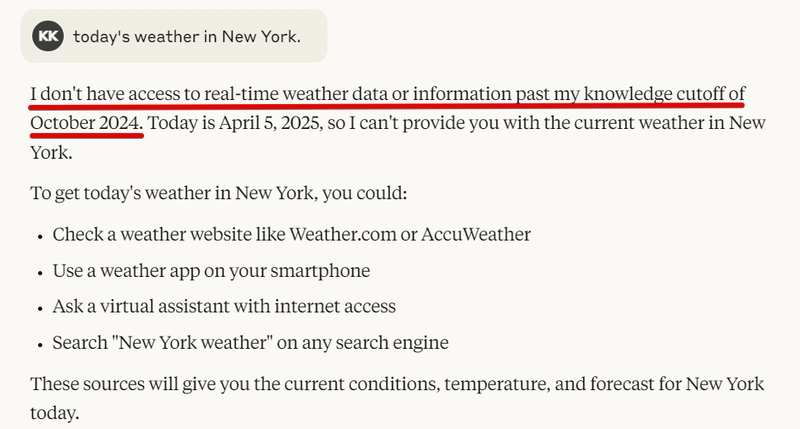
Understanding MCP in Simple Terms
The Model Context Protocol (MCP) has been generating significant buzz in the AI development community lately. While many explanations tend to overcomplicate it, based on my hands-on experience, the concept is relatively straightforward.
At its core, MCP leverages Node's NPX to locally install a "server" package. This package executes specified tools passed as arguments. The magic happens when these tools establish bidirectional communication with various AI clients (including Claude), enabling seamless information exchange. Docker-based deployment is also supported for those preferring containerized environments.
Practical Application: Real-time Search Capabilities
I recently tested MCP using Claude Desktop as the client interface and integrated the Brave Search API. The results were impressively effective.
When comparing standard cloud AI interactions (which typically rely on pre-trained knowledge) with an MCP-equipped AI, the difference becomes immediately apparent. The latter enables real-time search capabilities—a feature not natively available in standard Claude implementations.
Implementation requirements are minimal: just an API key and a few lines of JSON configuration:
"brave-search": {
"command": "npx",
"args": [
"-y",
"@modelcontextprotocol/server-brave-search"
],
"env": {
"BRAVE_API_KEY": "YOUR_API_KEY_HERE"
}
}
Direct Database Integration
MCP's capabilities extend beyond search functionality. By incorporating a PostgreSQL MCP server, you can establish direct database connections and execute queries in real-time.
I tested this with a complex database schema containing Order and OrderItem tables, each with approximately 250 fields. Even when crafting queries requiring three table joins, the results and corresponding code generation were remarkably satisfactory.
Transforming the Development Workflow
Perhaps the most significant advantage is the elimination of tedious schema explanations. There's no longer any need to describe table structures, column details, or data relationships to your AI assistant. Since MCP enables direct database access, the AI can infer necessary information and retrieve relevant data autonomously.
Conclusion
These are just a few examples from my MCP testing experiences. I've covered the key aspects, but for more detailed insights or specific questions, please refer to my blog.











































































































































































![[The AI Show Episode 142]: ChatGPT’s New Image Generator, Studio Ghibli Craze and Backlash, Gemini 2.5, OpenAI Academy, 4o Updates, Vibe Marketing & xAI Acquires X](https://www.marketingaiinstitute.com/hubfs/ep%20142%20cover.png)















































































































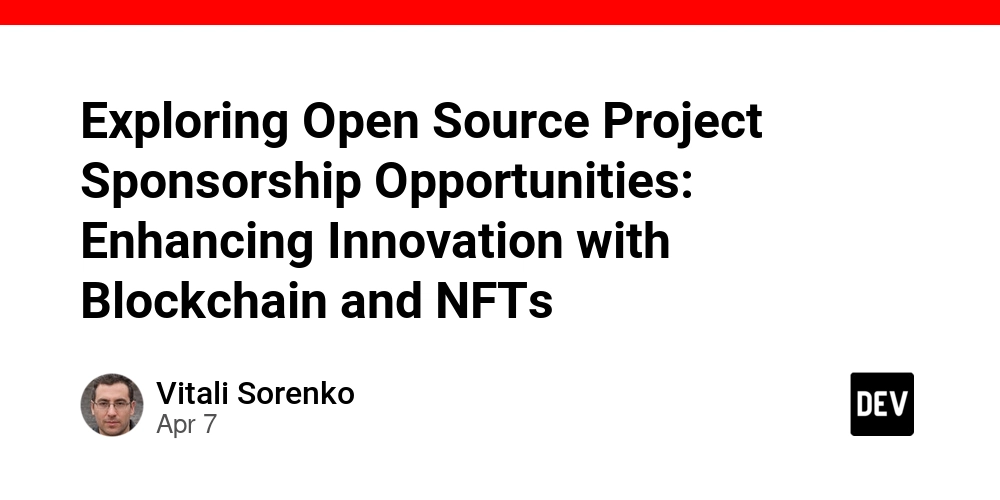

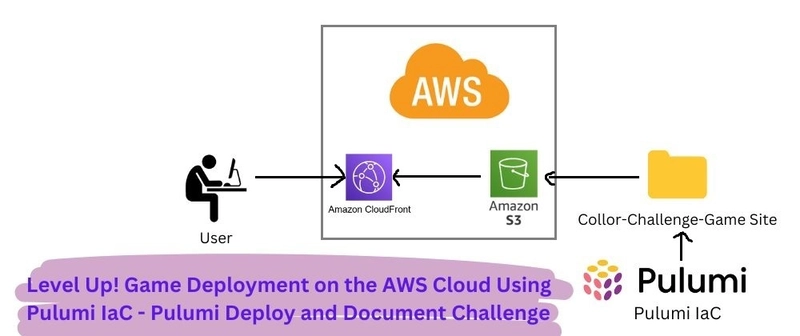
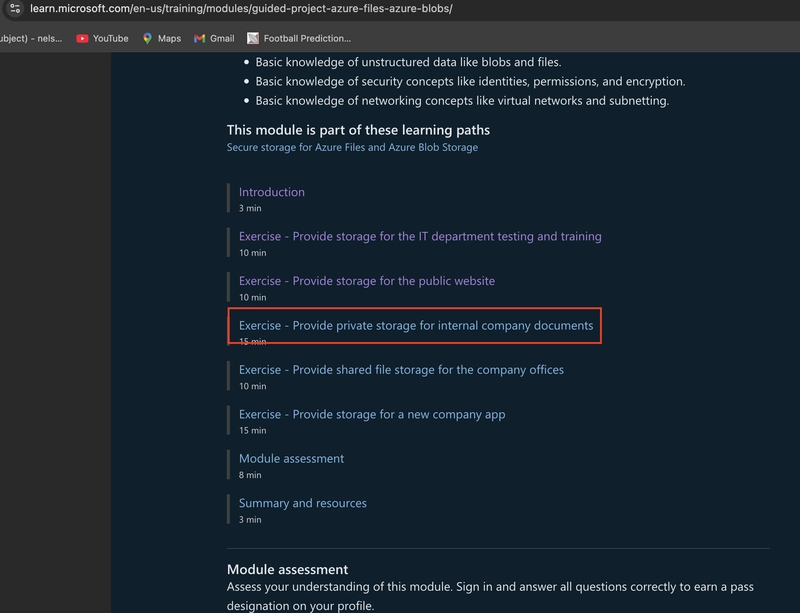









![[DEALS] The Premium Learn to Code Certification Bundle (97% off) & Other Deals Up To 98% Off – Offers End Soon!](https://www.javacodegeeks.com/wp-content/uploads/2012/12/jcg-logo.jpg)


![From drop-out to software architect with Jason Lengstorf [Podcast #167]](https://cdn.hashnode.com/res/hashnode/image/upload/v1743796461357/f3d19cd7-e6f5-4d7c-8bfc-eb974bc8da68.png?#)








































































































.png?#)























.webp?#)










_Christophe_Coat_Alamy.jpg?#)
 (1).webp?#)




































































































![Apple Considers Delaying Smart Home Hub Until 2026 [Gurman]](https://www.iclarified.com/images/news/96946/96946/96946-640.jpg)
![iPhone 17 Pro Won't Feature Two-Toned Back [Gurman]](https://www.iclarified.com/images/news/96944/96944/96944-640.jpg)
![Tariffs Threaten Apple's $999 iPhone Price Point in the U.S. [Gurman]](https://www.iclarified.com/images/news/96943/96943/96943-640.jpg)
































































































































